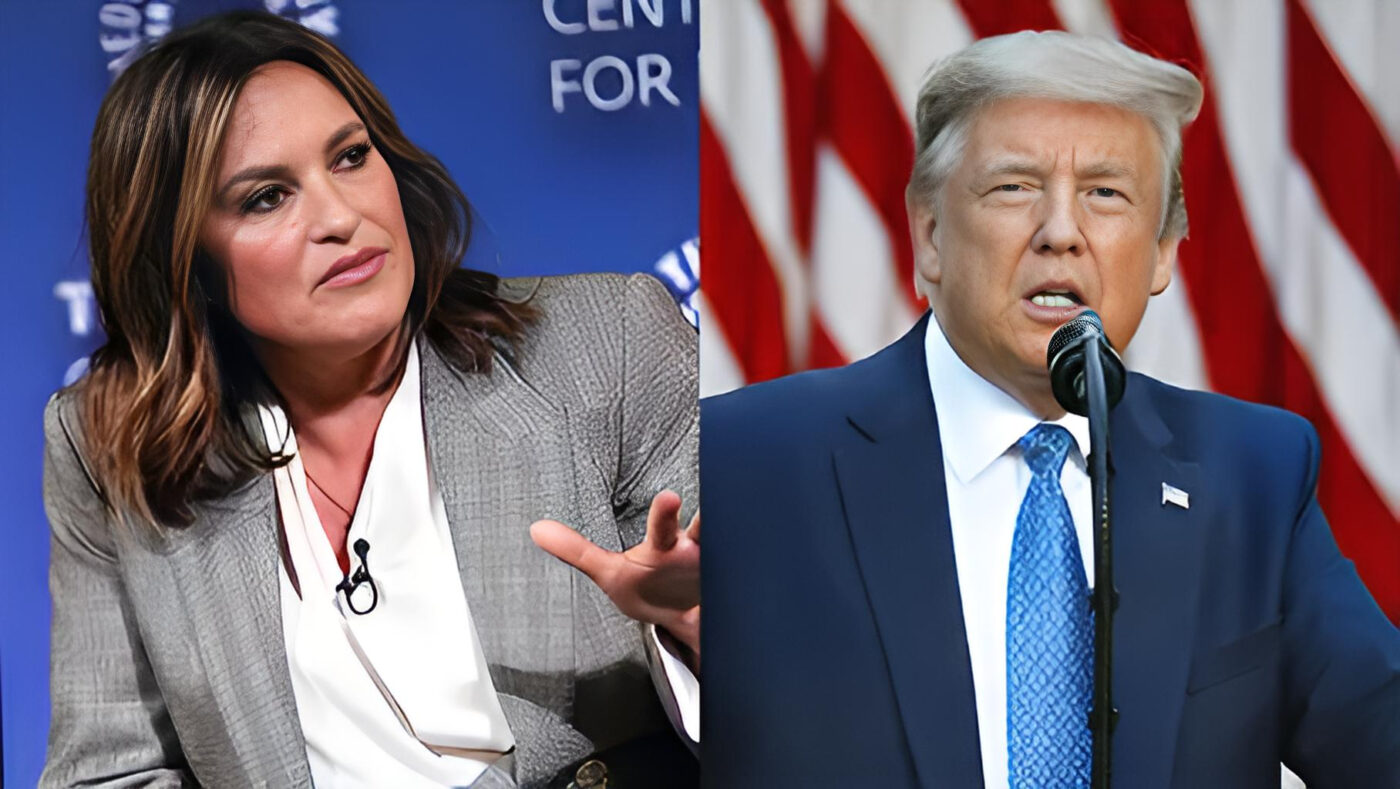
When gunshots pierced the evening air at Donald Trump’s rally in western Pennsylvania on Saturday night, they reverberated with a haunting echo of America’s turbulent political past. This assassination attempt, set against the backdrop of the most chaotic and divisive presidential election in U.S. history, added a chilling new chapter to the nation’s deepening polarization.
The shooting starkly highlighted the growing us-versus-them mentality that has gripped America over the past decade. As trust in traditional media has eroded, the rise of unreliable information sources on social media has only fanned the flames of division. The 2024 presidential election, already unprecedented, now faced another shocking turn of events.
Just six weeks earlier, Trump became the first former president convicted of a crime, found guilty on 34 felony counts related to falsifying business records. This conviction was a seismic event, but it was only the beginning. In late June, Trump’s debate with President Joe Biden left the incumbent so politically damaged that members of his own party began urging him to step aside. Adding to the turmoil, the Supreme Court granted Trump — and future presidents — broad immunity from prosecution for actions taken while in office.
Now, as Trump stood on the brink of accepting his third consecutive Republican nomination, he survived an assassination attempt. This was the first time in over four decades that a presidential candidate had been wounded by a would-be assassin, harking back to the era when President Ronald Reagan was shot in 1981.
Throughout history, four presidents — Abraham Lincoln, James Garfield, William McKinley, and John F. Kennedy — have been felled by assassins’ bullets. The assassination of JFK’s brother, Robert F. Kennedy, during his 1968 presidential campaign and the paralysis of segregationist Governor George Wallace in 1972 further underline the dangerous intersection of violence and American politics.
Each of these tragic events brought the nation together in shock and grief, though their political implications varied. The recent attempt on Trump’s life has similarly jolted the nation, disrupting a race that had seemed relatively stable. In the immediate aftermath, Trump, blood streaked across his face, pumped a defiant fist in the air. On social media, he confirmed that a bullet had struck his ear.
Republicans quickly rallied around Trump, accelerating the unification that typically occurs as a party’s national convention approaches. Trump’s loyal supporters declared themselves invigorated by the failed assassination attempt, while the incident overshadowed other campaign issues, including the criticism Biden faced from his own party.
Both campaigns urged staff to refrain from public comments about the shooting, but Trump allies wasted no time in casting blame on Biden. Ohio Senator JD Vance, a potential vice-presidential pick for Trump, claimed that Biden’s rhetoric had directly led to the assassination attempt. Democrats, who have long accused Trump of inciting the January 6 Capitol attack, pushed back, highlighting Biden’s consistent condemnation of political violence.
In a call for civility, Biden stated, “The idea that there’s political violence, or violence in America like this, is just unheard of. It’s just not appropriate. I mean, everybody, everybody must condemn it.” Yet, political violence has been a recurring and troubling part of American history.
According to the Congressional Research Service, there have been 15 attempted assassinations of presidents, presidents-elect, and presidential candidates through 2008. Jack Schlossberg, grandson of JFK, echoed this sentiment, writing on X, “Political violence is unacceptable. But it’s part of our history.”
Robert F. Kennedy Jr., currently running as an independent candidate, has requested Secret Service protection, citing the assassination of his father. Despite his request being denied, Kennedy emphasized the need to lower the temperature in American politics, reflecting on the personal tragedy of losing his father to political violence.
As the nation grapples with the immediate aftermath of the shooting, the implications for the November election remain uncertain. The incident has undeniably disrupted the political landscape, adding another layer of complexity to an already volatile campaign.
